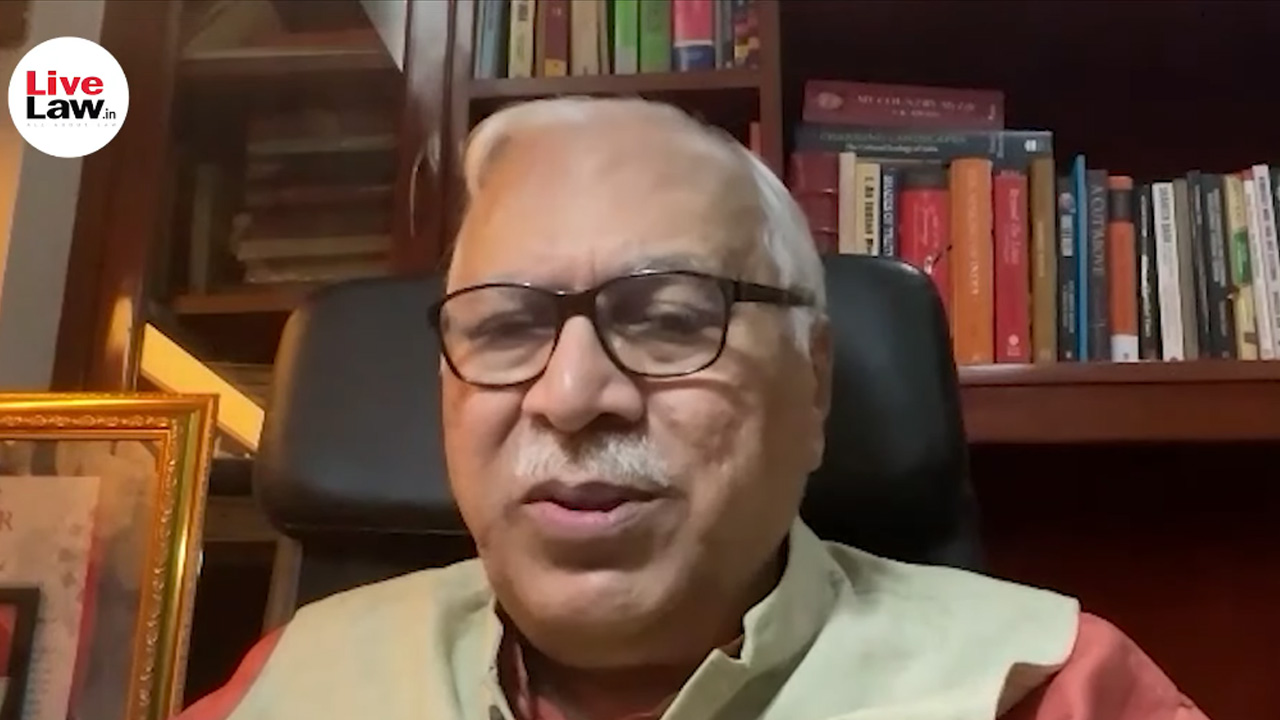Holding simultaneous elections for Lok Sabha, State Assemblies and local bodies can result in the dilution of democratic accountability, opined former Chief Election Commissioner SY Quraishi.He was speaking in an interview with LiveLaw about the concept of "One Nation, One Election". Recently, the Central Government constituted a High-Level Committee to examine the feasibility of...

